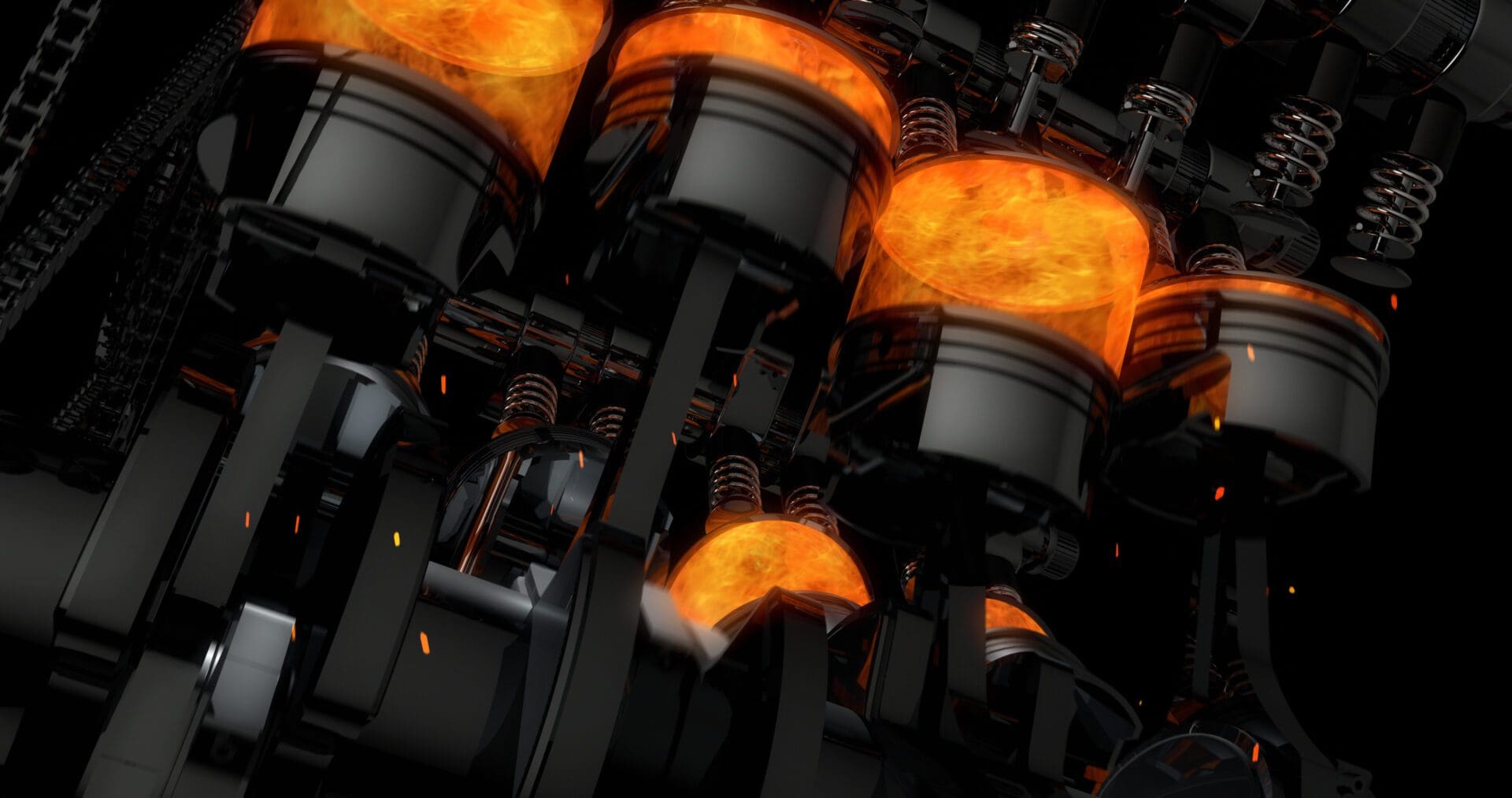On Saturday, 25 March, the European Commission and Germany announced a deal that will permit the sale of combustion-engine cars running solely on synthetic e-fuels, even after the implementation of legislation that requires zero-emission sales by 2035. Frans Timmermans, the European Commission’s Green Deal chief, confirmed the agreement and stated that they will work on adopting the CO2-standards for cars regulation as quickly as possible.
The Commission will take legal measures to transform a non-binding annex to the law into a concrete workaround that will allow the sale of new vehicles running on e-fuels after 2035. It is unclear how this will be achieved, but the agreement envisages the creation of a new category for e-fuel cars inside the existing Euro 6 automotive rulebook and then its integration into the controversial CO2 standards legislation that mandates the 2035 phase-out date. The German Transport Ministry, which is run by the Free Democratic Party, has said that it wants the process to be completed by autumn 2024. The party had been pushing for fixed legal language that would guarantee a loophole for e-fuels, which can be CO2-neutral but do emit tailpipe pollutants.
As we reported, discussions about this issue dominated talks during the EU leaders’ summit in Brussels, and a deal was only reached last Friday at 9 p.m.
Germany had demanded binding legal language to ensure the Commission would satisfy its demands even if the European Parliament or courts blocked any changes to the 2035 zero-emissions legislation for cars and vans. The German Transport Minister has announced that an agreement has been reached, and Germany has dropped its last-minute opposition to the car engine ban law, which had put a roadblock in front of the final ratification by ministers of a firm deal reached last October. It is uncertain whether Italy’s attempts to find a separate workaround for biofuels have also been secured. However, without Berlin’s support, Rome cannot block the legislation by itself. The final vote did happen on the legislation mandating zero emissions for new cars by the original deadline, 2035, Timmermans announced on Twitter. Many of the commenters, however, were not happy with what they saw as a rather undemocratic, last-minute change to the original wording of the regulation.
Frans Timmermans on Twitter: “With @EUCouncil’s final vote today the EU has taken an important step towards zero-emission mobility. The direction is clear: in 2035 new cars and vans must have zero emissions. It brings a big contribution to climate neutrality by 2050 and is a key part of the #EUGreenDeal. / Twitter”
With @EUCouncil’s final vote today the EU has taken an important step towards zero-emission mobility. The direction is clear: in 2035 new cars and vans must have zero emissions. It brings a big contribution to climate neutrality by 2050 and is a key part of the #EUGreenDeal.
Hungary Likely to Benefit from Electric Shift
The Hungarian automobile industry has been an important sector of the country’s economy for several decades. The country has a long tradition of producing vehicles, with major companies such as Audi, Mercedes-Benz, Opel, and Suzuki having established production facilities in Hungary. These companies have been instrumental in developing the country’s automotive industry, making it a key player in the European market.
Despite the growing trend towards electric vehicles in Europe, combustion engines are still widely used in Hungary. This is due to a number of factors, including the relatively low cost of petrol and diesel fuel in the country, as well as the lack of a comprehensive network of electric vehicle charging stations. In addition, many consumers in Hungary still prefer the performance and range of combustion engines, especially for long-distance travel, not to mention the price of EVs that for the time is prohibitive for most.
However, there is a growing interest in electric cars in Hungary, both among consumers and within the automotive industry. The Hungarian government has implemented a number of measures to promote the adoption of electric vehicles, including offering tax incentives and subsidies for electric vehicle purchases and investing in the development of charging infrastructure.
Hungary is also home to numerous companies involved in the production of electric vehicle components, including battery cells and electric motors. The country’s strategic location within Europe and its skilled workforce make it an attractive location for companies looking to expand their electric vehicle production capacity.
Overall, while combustion engines still dominate the Hungarian automobile industry, there is a growing awareness of the need to transition towards more sustainable modes of transportation. The government and industry players are taking steps to promote the adoption of electric vehicles and the development of the necessary infrastructure, indicating a promising future for the Hungarian automotive industry in the electric era.
Related Articles:







